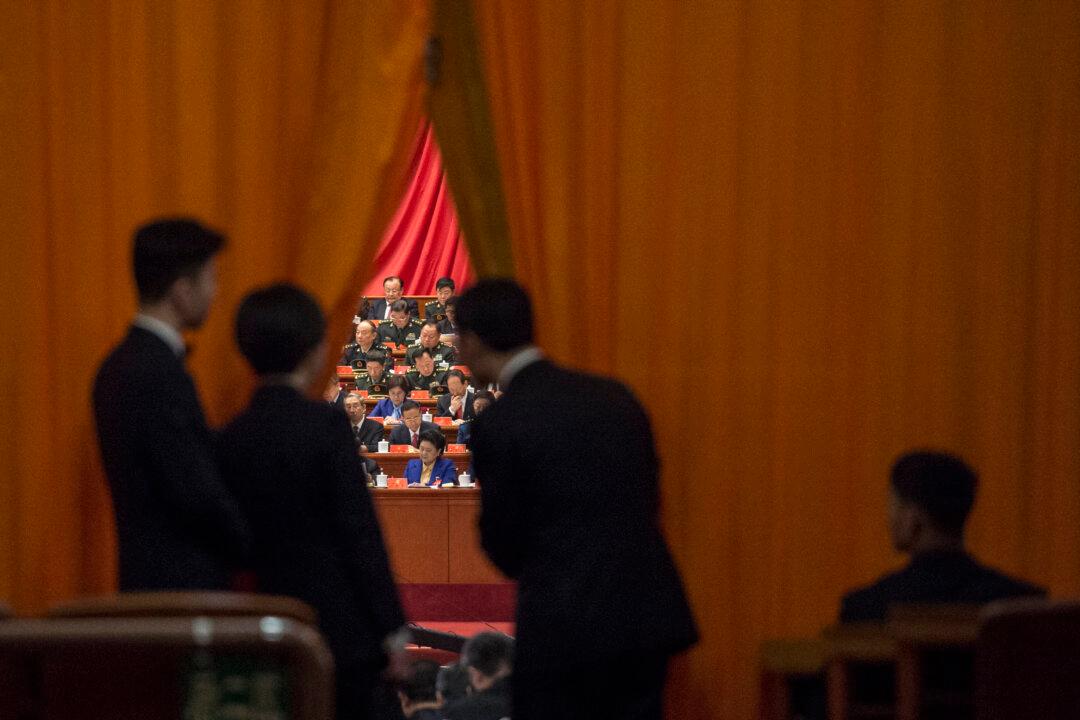Commentary
The People’s Liberation Army (PLA) has been experiencing its share of leadership changes. Some may be for the good of the organization, while others might be more aligned with the interests of Chinese communist leader Xi Jinping.

The People’s Liberation Army (PLA) has been experiencing its share of leadership changes. Some may be for the good of the organization, while others might be more aligned with the interests of Chinese communist leader Xi Jinping.